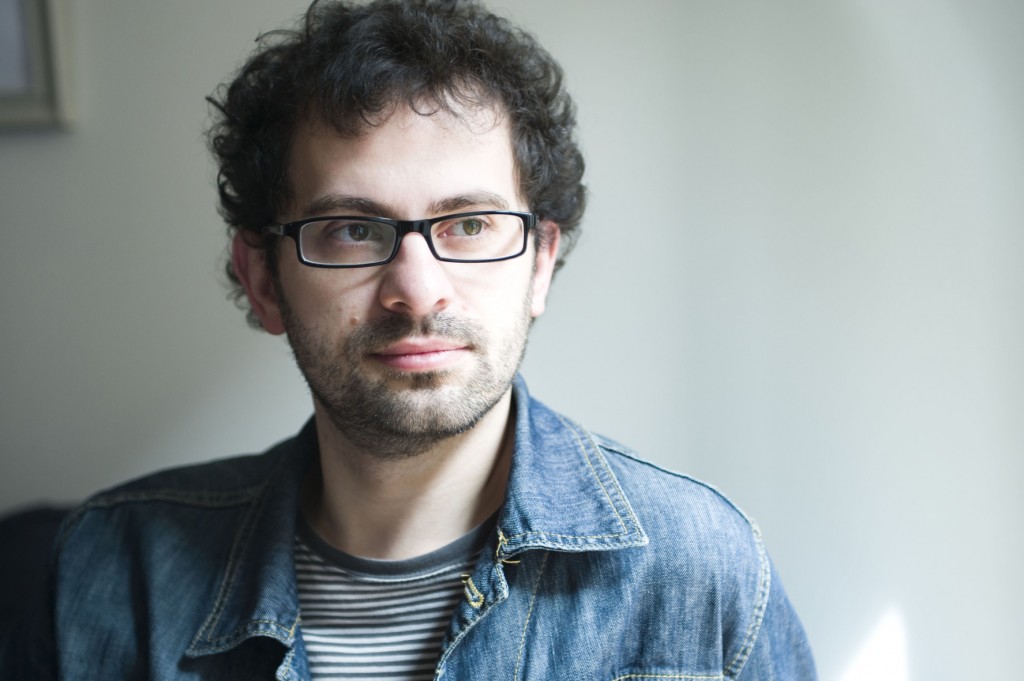My texts always emerge from a first image or from a situation that is generally extreme. I ask myself questions and start writing without knowing where the play will go. However, the rule that I impose on myself is that I have to dig deep into the characters and shed light on all their contradictions. Theatre, for me, has to serve to understand humans a little better. I don’t demand of it any other function than this one. Perhaps for that reason I strive for dialogues that sound very natural, hyper-realistic. So that audience members feel that they are spying on those people in their own home, in the street, on the underground. I want the audience to feel as though they are anywhere except in a theatre. For that reason I am not interested in complex plots, only in complex characters. I want to get very close up to life and not find any answers to anything.
For further information on this author, go to the Catalandrama webpage (www.catalandrama.cat)
Girona, 1981
He has worked as an actor and assistant director on different productions. Together with Abel Coll he directed Sam at the Sala Beckett. He also directed his texts: Au revoir, Lumière (2003, Ciutat de Sagunt Prize; Poble Espanyol), Sweet nothing (2007, Ciutat d’Amposta Prize; Teatre de Ponent and Obrador de la Sala Beckett), Viento a las velas (2009, Marqués de Bradomín Prize; Círculo de Bellas Artes in Madrid), Esquivel! (2009; Nau Ivanow), Ens hauríem d’haver quedat a casa (2010; Temporada Alta and Sala Muntaner), Kafka a la ciutat de les mentides (2011; La Cuina – Festival Grec), La terra oblidada (2012, Ciutat de Gandia Prize; SalaFlyhard), La pols (2014; SalaFlyhard) and, together with Marilia Samper, Dos punkis i un vespino (2011; Teatre Gaudí). He has also written the short plays Ara em toca a mi (2010; La Planeta), Vida i mort d’un talp (2011; Temporada Alta) and Doppelgänger (2012; La Planeta). He is playwright and director of the company Arcàdia.
La pols
Their father has died. That is what Jacob has heard when he picked up the telephone. Two minutes later, he’s forgotten the news. He has forgotten it so completely that he hasn’t even communicated it to his sister Ruth, who lives with him in a modest apartment.
This is the start of a long day and a half that elapses from their father’s death to his burial. This time is experienced differently by the lost souls who appear in this story and respond to the names of Ruth, Alba and Jacob.
La terra oblidada
The father, a man of action who has always worked the land, is in a wheelchair because of illness. Now, suddenly, he has become mute: he talks to nobody, not even Marta, the daughter who is caring for him. Maria and Isaac, his other children who live elsewhere, visit him. They want him to talk, but above all they want to understand the reason for his stubborn silence.
As the hours pass, the silence becomes increasingly desperate as it opens up old wounds that everyone thought had healed.




